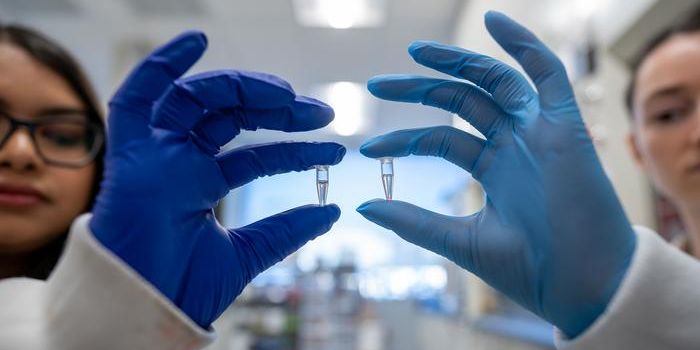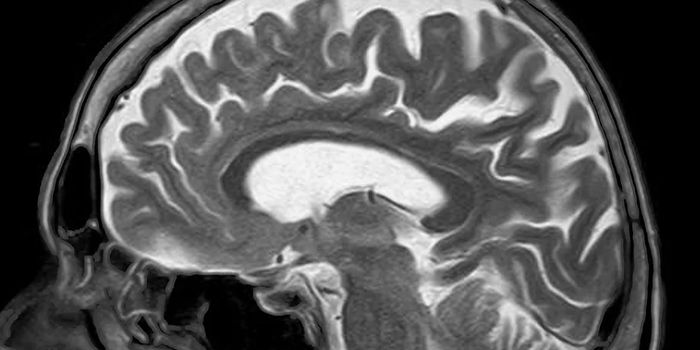Influenza Vaccine Shown to Decrease the Risk of Alzheimer's Disease
Alzheimer’s disease is a neurological disorder affecting memory and mental functions that currently affects over 6 million Americans. There is mounting evidence to suggest that the immune system influences the risk of developing Alzheimer’s disease and the progression of the disease.
The list of infectious diseases that have already been shown to impact the risk and rate of cognitive decline is extensive: influenza, pneumonia, herpes, urinary tract infection and COVID-19 have all been shown to have lasting effects on the brain. In response, scientists are investigating whether infectious disease prevention strategies such as vaccination can work to reduce the risk of neurodegenerative disease.
A 2021 study in the Journals of Gerontology showed that adults were at a reduced risk for dementia after being vaccinated for Tetanus, Diptheria, and Pertussis. The Pertussis vaccination (also know as the Tdap vaccination) was associated with a 42% lower dementia risk in a large cohort of over 100,000 adults over the age of 65.
According to a new study from researchers at UTHealth Houston, people who received at least one influenza vaccine were 40% less likely to develop Alzheimer’s disease over the course of four years compared to non-vaccinated individuals. With over 1,000,000 patients worth of data from the US Veterans Affairs agency, this is the largest study yet examining the relationship between influenza vaccination and Alzheimer’s disease.
Speculations concerning the mechanism of this reduction is Alzheimer’s disease were outside of the scope of this study. The researchers emphasized that future investigations into mechanisms will be critical in understanding this trend.
Paul E. Shulz, MD, who is a senior author of the study, elaborated that “we believe that the immune system is complex, and some alterations, such as pneumonia, may activate it in a way that makes Alzheimer's disease worse. But other things that activate the immune system may do so in a different way—one that protects from Alzheimer's disease. Clearly, we have more to learn about how the immune system worsens or improves outcomes in this disease.”
Sources: Journal of the Australian and New Zealand Society for Immunology, The Journals of Gerontology, Journal of Alzheimer’s Disease








